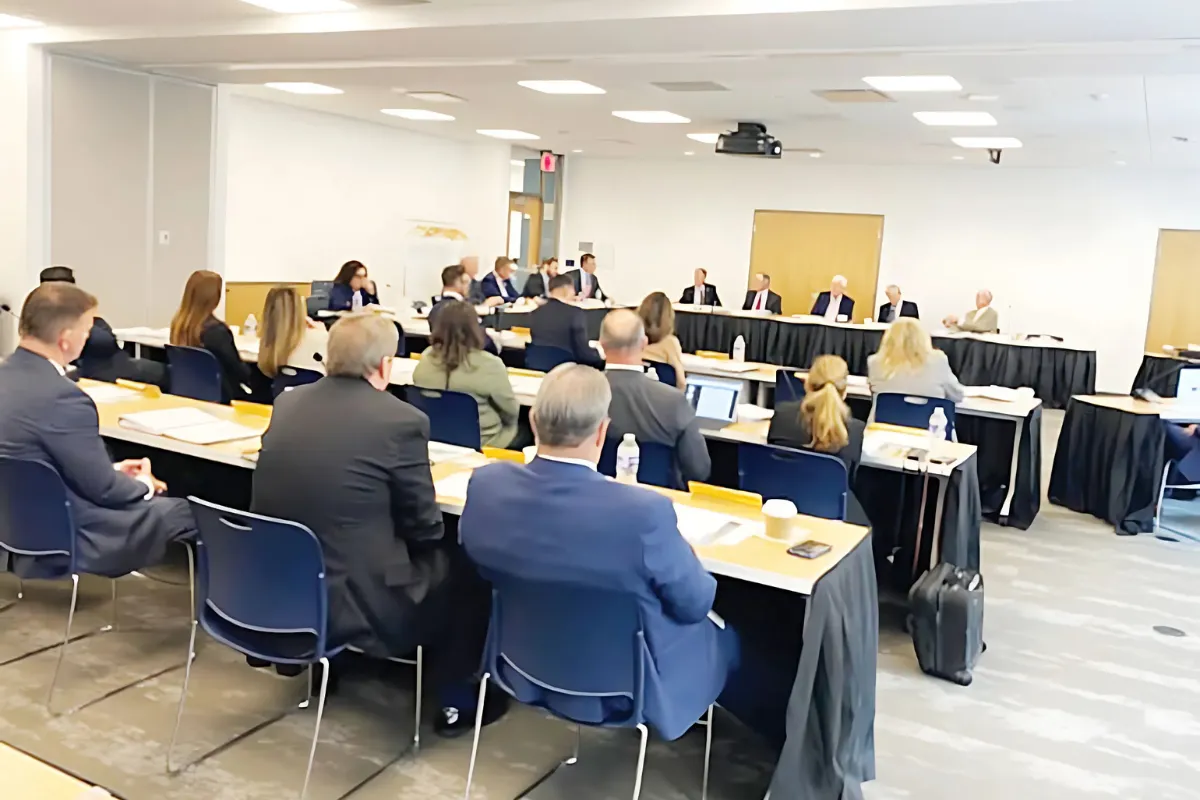West Virginia is taking a bold step to cut financial ties with Chinese-owned companies. The state’s Investment Management Board (IMB) has officially voted to divest from businesses owned or controlled by the Chinese government. This move mirrors a similar policy passed earlier this year by the state’s Board of Treasury Investments (BTI).
Governor Patrick Morrisey, who chairs the IMB, praised the decision as a strong stance for national security and responsible financial management.
“The Chinese Communist Party poses a threat to our national security, dodges transparency and legal oversight, and represents a financial risk we cannot take,” said Morrisey. “With this resolution, West Virginia will not invest in CCP-owned or controlled companies and will begin a careful process to divest from them.”
The idea for Chinese divestment was first proposed in February by State Treasurer Larry Pack. As chair of the BTI and a non-voting IMB member, Pack pushed for the adoption of a Prohibited Foreign Investment Policy—approved by the BTI during its quarterly meeting earlier this year.
Pack praised Thursday’s vote by the IMB, saying it reflects the state’s values and commitment to protecting taxpayer money.
“The board made the right choice today,” Pack said. “We must ensure American dollars are not funding a regime that opposes our way of life. This is another way we hold bad foreign actors accountable.”
The divestment policy requires a full review of both short-term and long-term investments. Any holdings linked to Chinese government-controlled companies will be flagged and removed from the state’s portfolio.
Pack added that the board has been discussing this issue for more than a year and that the policy’s adoption marks a milestone for West Virginia’s financial future.
“We’re going to do everything we can to protect the investments of West Virginians,” he said in a video statement. “That includes avoiding companies tied to the Chinese Communist Party.”
The IMB was established in 1997 to manage long-term investments for state pension funds, workers’ compensation, and other critical funds. Today, it oversees more than $23 billion in assets. Meanwhile, the BTI, created in 2005, handles over $10 billion in short-term investments.
This policy shift aligns West Virginia with a growing number of U.S. states taking similar action. In November, Texas Governor Greg Abbott directed state agencies to begin divesting from Chinese companies. Around the same time, financial officers from 15 states sent a joint letter urging public pension managers to follow suit.
The concerns raised by state leaders include unreliable financial audits, suspected stock manipulation by the Chinese government, and the involvement of military and intelligence personnel in Chinese corporations.
Just last week, West Virginia’s State Treasurer’s Office co-signed a letter to U.S. Securities and Exchange Commission Chair Paul Atkins. The letter called for an investigation into whether China-based companies should be delisted from U.S. stock exchanges.
As the pressure builds on a national level, West Virginia is positioning itself as a leader in protecting its financial future and making sure taxpayer dollars don’t end up supporting foreign governments that may pose a threat to U.S. values and interests.
















